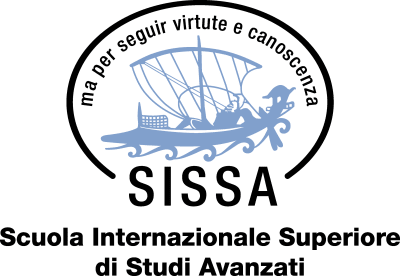
PhD in Astrophysics
International School for Advanced Studies (SISSA)

Key Information
Campus location
Languages
English
Study format
On-Campus
Duration
3 - 4 years
Pace
Full time
Tuition fees
Request info
Application deadline
Request info
Earliest start date
Request info
Scholarships
Explore scholarship opportunities to help fund your studies
Introduction
There has never been a better time to work in Astrophysics, a vibrant and competitive discipline in frontier research.
Applicants to the Ph.D. program in Astrophysics will first be assessed on the basis of their CV and reference letters. A number of candidates will be invited for an interview on one of the two announced dates.
The Ph.D. course consists of 3 to 4 years of study and research. First-year students are required to attend several courses spanning a period from November to May and to take exams in a selection of those courses. At the beginning of the first year, students are assigned a tutor, a SISSA staff member who will advise them on selecting exams and will provide guidance on choosing a research project for their Ph.D. thesis. After completion of the courses, students will start working on their research project under the supervision of one or more SISSA staff members.
The Astrophysics group consists of 8 staff members, 7 postdoctoral fellows, and 20 Ph.D. students. All the principal investigators have recognized expertise in the fields of analysis and interpretation of cosmic microwave background and sub-millimetre surveys, large-scale structure surveys, cluster physics, galaxy formation and evolution, dark energy, dark matter, galactic and extragalactic black holes, stellar structure and evolution, high-energy astrophysics, relativistic astrophysics, early Universe physics and gravitation theory. Students will also benefit from close contact with other SISSA groups, such as the Astroparticle Physics and the Theoretical Particle Physics groups, and form connections with the International Centre for Theoretical Physics (ICTP) and the Trieste Astronomical Observatory (OAT).
Admissions
About the School
Questions
Similar Courses
Ph.D. in Astrophysical Sciences and Technology
- Rochester, USA